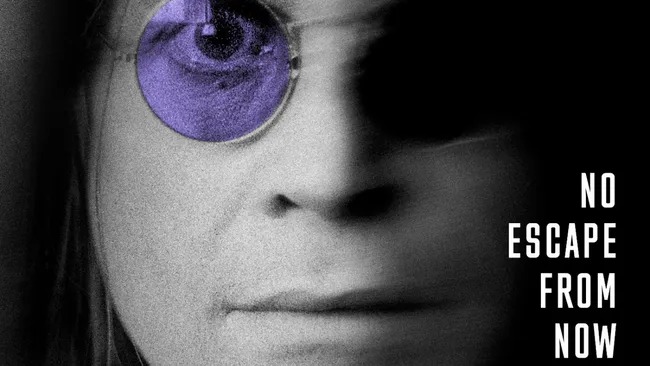Digital assets disappear faster than tour riders these days, but few thefts reveal the music industry’s security gaps quite like this one. When someone smashed the window of a rental car in Atlanta this July, they didn’t just grab laptops and thumb drives—they walked away with unreleased Beyoncé music, exposing how vulnerable even megastar operations remain to old-school crime.
The Break-In That Broke Protocol
Two team members lost critical tour assets in a restaurant parking lot smash-and-grab.
Kelvin Evans faces charges after allegedly stealing two Apple laptops and five USB drives from choreographer Christopher Grant and dancer Diandre Blue on July 8. The pair discovered their rental car window shattered after returning from dinner during Beyoncé’s Atlanta tour stop.
Police arrested Evans on September 16, charging him with entering a vehicle with intent to commit theft and violating parole. The stolen devices contained what authorities describe as “personal sensitive information” and “unreleased music” for Beyoncé’s projects.
When Creative Gold Meets Criminal Opportunity
Unreleased tracks represent liquid assets worth millions in today’s surprise-drop economy.
The theft highlights how unreleased music functions as both creative property and market commodity. Beyoncé built her recent career on surprise releases that require absolute secrecy—think “Lemonade” appearing without warning or “Renaissance” dropping with surgical precision. These strategies transform unreleased material into digital gold, making touring teams inadvertent carriers of extremely valuable cargo.
Music business publications have long warned that leaked material can have severe monetary and reputational impacts for artists and labels. The incident forces uncomfortable questions about whether touring protocols have kept pace with the digital economy’s realities.
Recovery Remains Uncertain
None of the stolen devices have been recovered, leaving Beyoncé’s team in digital limbo.
Police report no recovery of the stolen laptops or USB drives as of Evans’s arrest announcement. No evidence suggests the music has leaked online, but the uncertainty alone damages the controlled release strategy that defines modern pop campaigns.
Neither Beyoncé nor her representatives have commented publicly, preferring to let law enforcement manage information flow—itself a telling sign of how seriously the industry treats these breaches.
The Atlanta incident should serve as a wake-up call. When your tour assets include unreleased albums worth millions, maybe it’s time to rethink storing them like demo tapes from 1995.


























